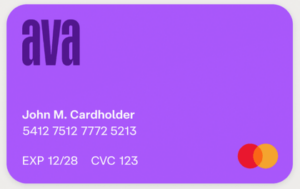 Question: I lost my job over 2 years ago but was able to find another opportunity a couple months later making over $20,000 less a year. The difference in income has put us in financial struggles with our creditors.
Question: I lost my job over 2 years ago but was able to find another opportunity a couple months later making over $20,000 less a year. The difference in income has put us in financial struggles with our creditors.
We are currently set up with a debt counseling service that has negotiated the interested rate and late fees with our creditors.
We currently have one payment going to them and they distribute the funds to our creditors. They have helped us tremendously but we have to withdraw from my 401k to keep current and are frustrated. We have considered negotiating with our creditors for a lump sum payoff with the remaining portion of my 401k.
The outstanding balance to our creditors is around $60,000. My question would be since we have kept current for over the last 2 years with all of our creditors will that keep us from negotiating a lump sum payoff or will we have to stop paying them for a few months and then start negotiating?
Answer: Congratulations Richard on taking charge of your debt and keeping current. Typically, debt settlement is not offered to consumers who are current on their obligations.
I know it is an unfair practice but unfortunately creditors do not have an incentive to settle debts for less when it appears you are able to repay on time. A hardship such as loss of income or illness might be the only reason they would consider debt settlement when you are not behind on your obligations. Should you decide to miss a few payments in order to settle your debts keep in mind, there are a few risks involved:
(1) Credit score damage. Skipping your payments will hurt your credit score, the better your credit score the more damage a late payment will do to your credit score.
(2) An increasing number of creditors are filing lawsuits when borrowers default because the lawsuits tend to go unanswered. When a borrower does not respond to a lawsuit, the creditor can get a default judgment and garnish wages. So if you were to miss a few payments in order to settle debt, stay on top of all correspondence and make settlement offers before the debt is charged off.
(3) Once you are successful in negotiating a settlement, the forgiven debt may be considered taxable income by the IRS. Depending on your tax bracket you may not be affected by the forgiven debt amount but still keep this in mind.
(4) The settlement process may take several months. Be prepared and patient during the negotiation process and get your settlements in writing. Hope this helps in your decision and the best of luck to you.
























